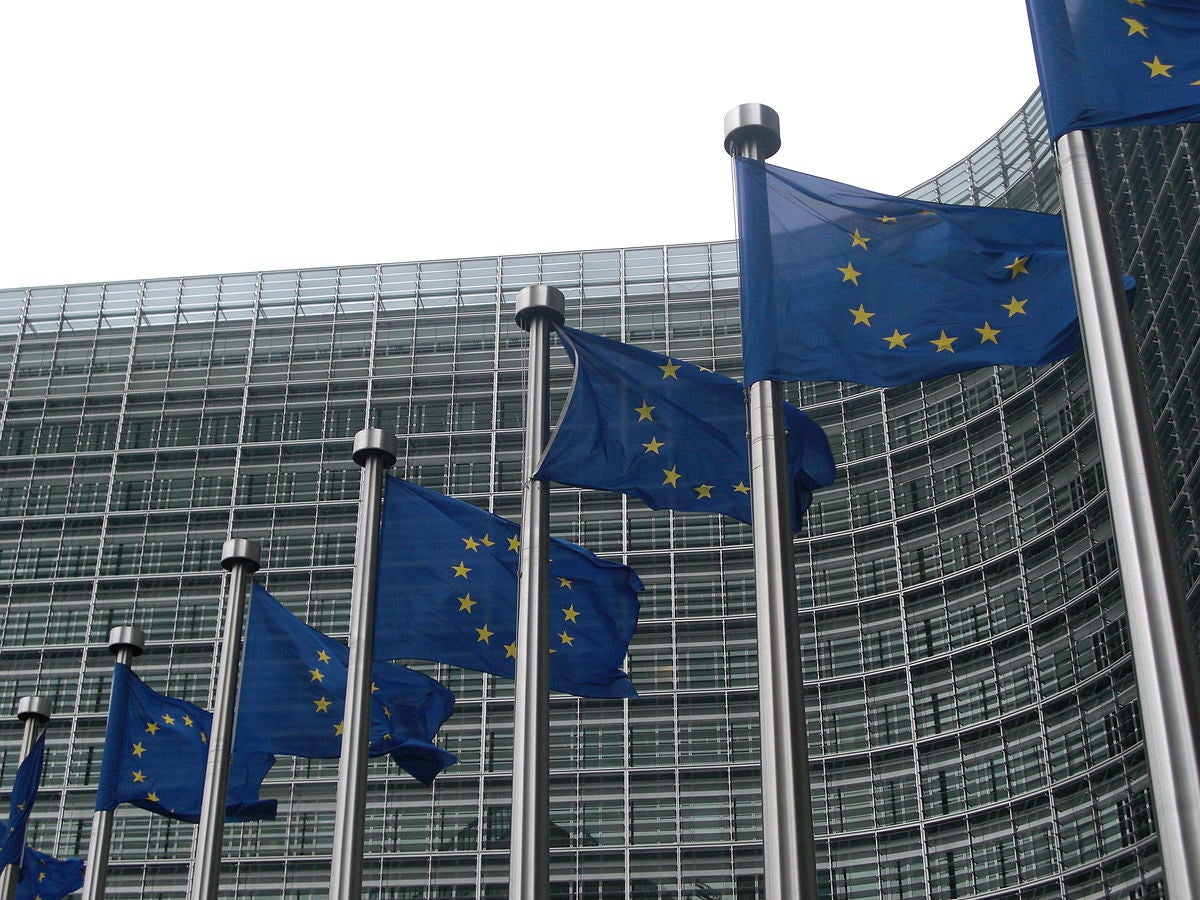
The European Commission (EC) has unveiled a new action plan to cut Europe’s dependence on Russian fossil fuels earlier than 2030, amid Russia’s invasion of Ukraine.
The action plan also provides an array of measures to tackle potential rise in energy prices in Europe, and to re-procure fill up gas stocks for the coming winter.
Under the REPowerEU plan, EC aims to cut EU’s demand for Russian gas by more than 70% of gas imports from Russia, before the end of the year.
The plan advises diversification of gas supplies by increasing LNG and pipeline imports from non-Russian suppliers, and promoting biomethane and renewable hydrogen.
In addition, REPowerEU recommends reduction in quick use of fossil fuels domestic, industry, and power systems, and rise in renewables and electrification.
EC President Ursula von der Leyen said: “We must become independent from Russian oil, coal and gas. We simply cannot rely on a supplier who explicitly threatens us.
“We need to act now to mitigate the impact of rising energy prices, diversify our gas supply for next winter and accelerate the clean energy transition.
“The quicker we switch to renewables and hydrogen, combined with more energy efficiency, the quicker we will be truly independent and master our energy system.”
EC intends to present a legislative proposal next month, which requires EU-wide underground gas storage to be filled up to a minimum of 90% capacity by October.
The proposal would involve the monitoring and enforcement of filling levels and strengthen solidarity arrangements between EU Member States.
EC said that it is continuing its investigation into the gas market with respect to concerns related to potential ill-effect on competition by operators, Gazprom in particular.
It will consider possible options for emergency measures to control the effect of gas prices on electricity prices, and will optimise the electricity market design.
EU imports 90% of the gas it consumes, where Russia accounts for around 45% of the imports, including around 25% oil imports and 45% coal imports.
EU Energy Commissioner Kadri Simson said: “Russia’s invasion of Ukraine has aggravated the security of supply situation and driven energy prices to unprecedented levels.
“For the remaining weeks of this winter, Europe has sufficient amounts of gas, but we need to replenish our reserves urgently for next year. The Commission will therefore propose that by 1 October, gas storage in the EU has to be filled up to at least 90%.
“We have also outlined price regulation, state aid and tax measures to protect European households and businesses against the impact of the exceptionally high prices.”






